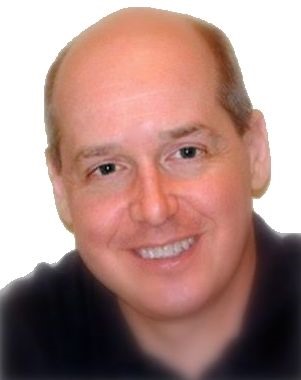


 Jeffrey T Junig MD PhD is responding to a growing demand for ‘old-fashioned’ psychiatric services across the country and even internationally, using the new technology of telepsychiatry.
Jeffrey T Junig MD PhD is responding to a growing demand for ‘old-fashioned’ psychiatric services across the country and even internationally, using the new technology of telepsychiatry. 

 Telepsychiatry allows a level of privacy, comfort, and convenience not available from 'systems-based' psychiatry practices.
Telepsychiatry allows a level of privacy, comfort, and convenience not available from 'systems-based' psychiatry practices.